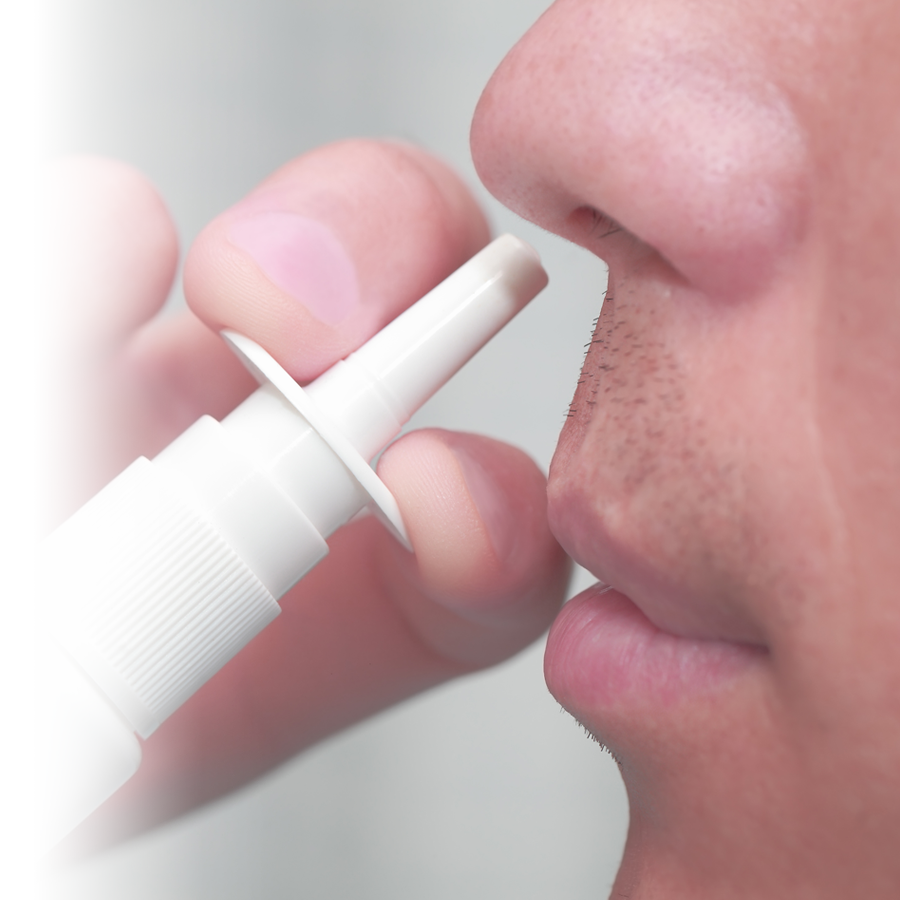Dry nose is as common as the discomfort it causes. Find out what causes it and fight the problem, so you can breathe easier!
The importance of a healthy nose
The nose is the only part of the respiratory system that is visible externally. Sometimes mythical (like that of the Sphinx or Cleopatra of Egypt), sometimes the source of complexes, the nose sits in the middle of the face and is difficult to ignore. The nose has several important functions:
- It filters, warms and moistens the air we breathe before it reaches the lungs.
- Cilia and mucus production prevent the intrusion of germs, dust, dirt and other foreign substances.
- It acts as a sounding box for the voice.
- etc.
The nasal membrane acts as a barrier against outside aggressors. If it is not sufficiently hydrated, it cannot function effectively. Therefore, nasal dryness represents a threat to the proper functioning of the nose and to health.
The signs and symptoms of nasal dryness
It is quite common for nasal dryness to be accompanied by some of the following signs and symptoms:
- tingling sensation or itchiness
- discomfort, irritation, pain or burning sensation
- nasal congestion (especially in the morning)
- sneezing
- nose bleeds
- excessive secretions
- crusting, and
- fissures
A dry and irritated nose can occur at any time of the year, but winter is especially conducive to it. Drying of the mucous membrane increases the risk of the passage of germs that can cause respiratory infections such as cold, flu or sinusitis.
The causes of nasal dryness
Nasal dryness can be caused by various factors:
- low humidity levels
- excessive indoor heating
- air-conditioning
- cigarette smoke
- other irritants such as chemicals (e.g., varnish, paint, disinfectant products), dust or air fresheners
- excessive nose blowing
- exposure to the cold or wind
- taking certain medications (e.g., nasal sprays) or drugs (e.g., cocaine)
- allergies (e.g., hay fever or allergies to animals)
- conditions (e.g., Sjögren's syndrome)
- nose procedure (e.g., surgery or radiation therapy)
- etc.
Solutions for nasal dryness
It is possible to prevent or ease nasal dryness using simple and accessible measures. Here are a few tips.
- Clean your nasal passages every day. Rinse your nose every day with a saline solution. Avoid home remedies; instead, opt for products provided at the pharmacy.
- Use a nasal lubricant as needed. This type of product, which can be found at the pharmacy in various formats (e.g., gel, spray, drops), hydrates and lubricates nasal passages for effective and lasting relief from dryness.
- Maintain optimal humidity levels. You can measure humidity levels in your home using a small device called a hygrometer. Health Canada recommends trying to maintain humidity levels at about 30% in winter and 50% in summer not only to avoid dry air (lack of humidity), but also to prevent mould (excessive humidity).
- Purchase a humidifier. In winter, it is one of the first measures to consider in the case of nasal dryness.
- Avoid overheating your home. Try to maintain the room temperature at a maximum of 19 or 20°C.
- Avoid excessive use of air-conditioning. Fresh air is less irritating to the nasal mucous membrane than air-conditioning If it isn't too hot outside, keep the windows open to cool down your home.
- Avoid dust accumulation on furniture. It is important to keep your living environment clean and free of respiratory irritants.
- Wear a protective mask if you are likely to inhale irritating products. You must protect your respiratory tract from smoke, dust, toxic chemicals and of all irritating substances, regardless of your activities.
- Avoid all contact with cigarette smoke. Exposure to cigarette smoke, through active or passive tobacco, dries and irritates nasal passages. Additionally, this weakens the immune system, which makes the risk of infections that much greater. Your pharmacist can help you to quit smoking if you want to.
If, despite taking all these measures to counter a dry nose problem you have not obtained the expected outcome, you should consider seeing a doctor, who can assess the situation and determine the causes and the possible treatment options.
Don't hesitate to speak to your pharmacist if you have any questions about nasal dryness and nose care.

